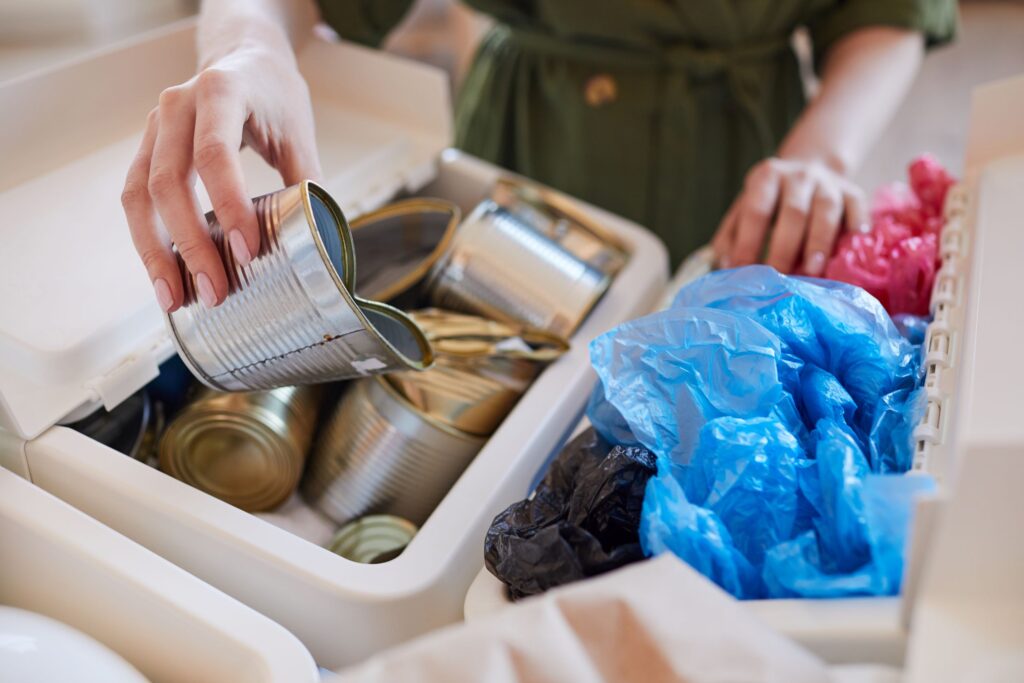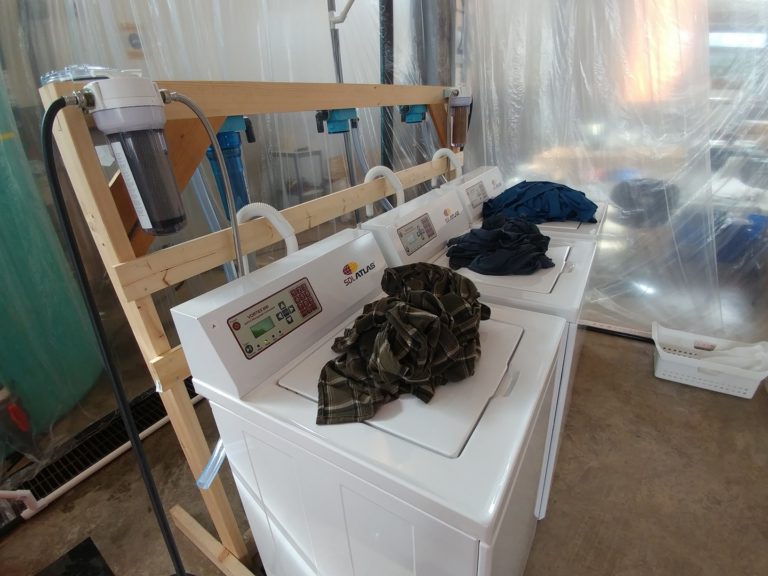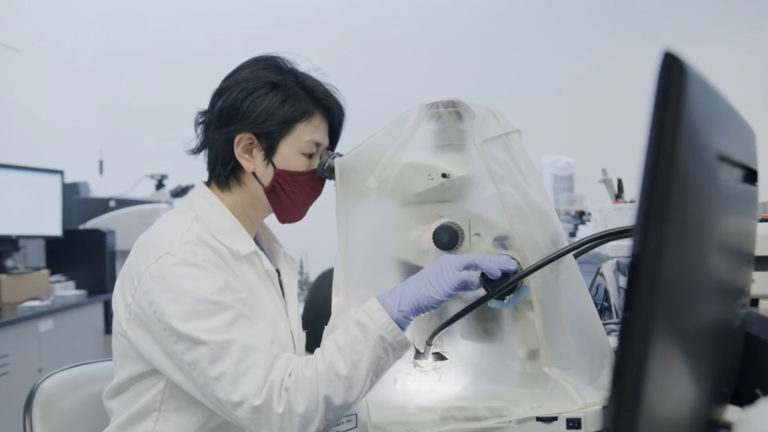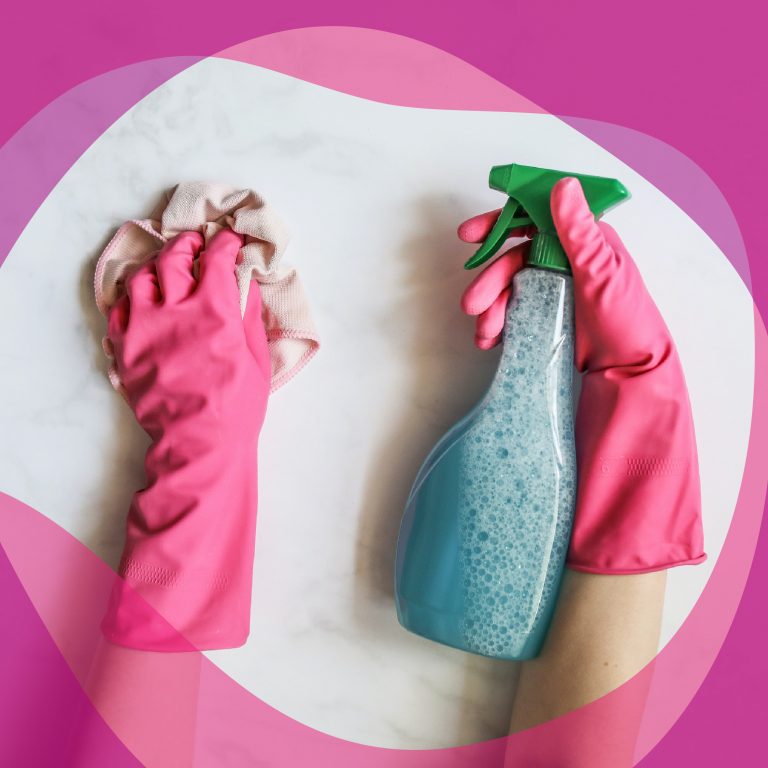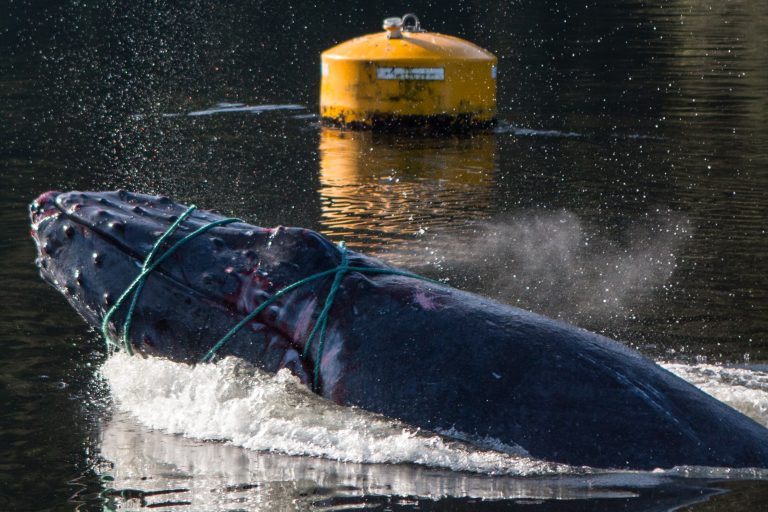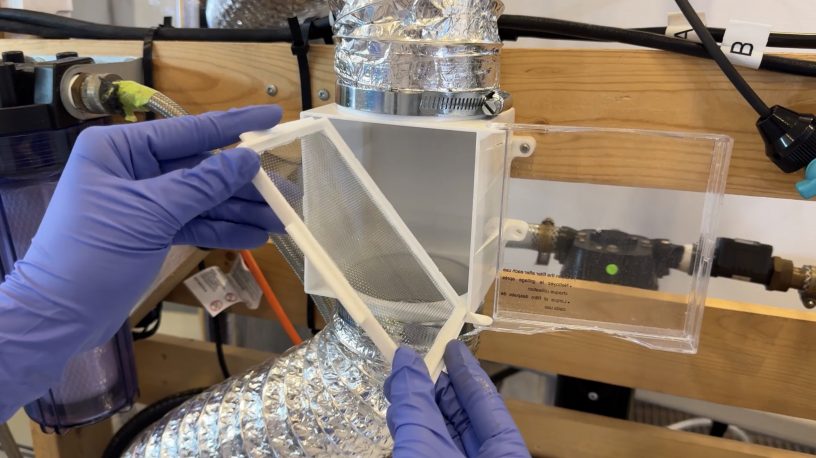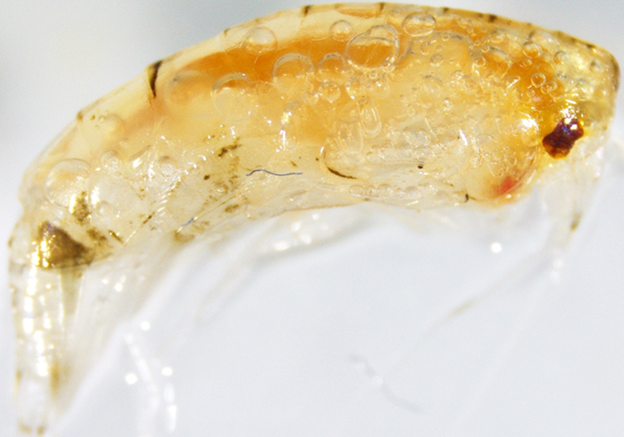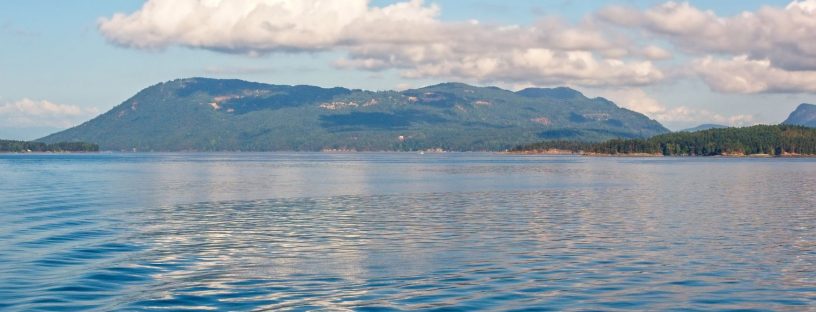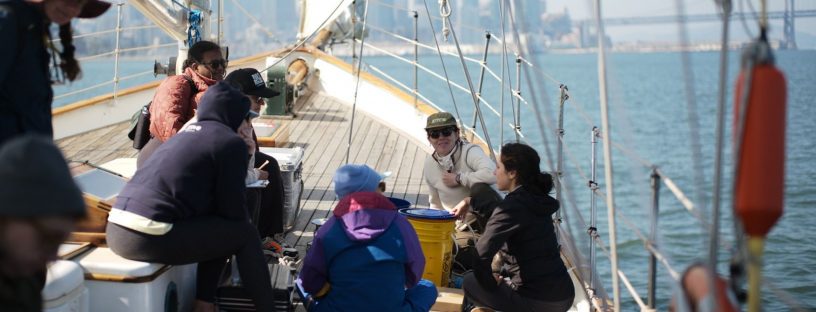Microplastics Have Found Their Way into Our Compost
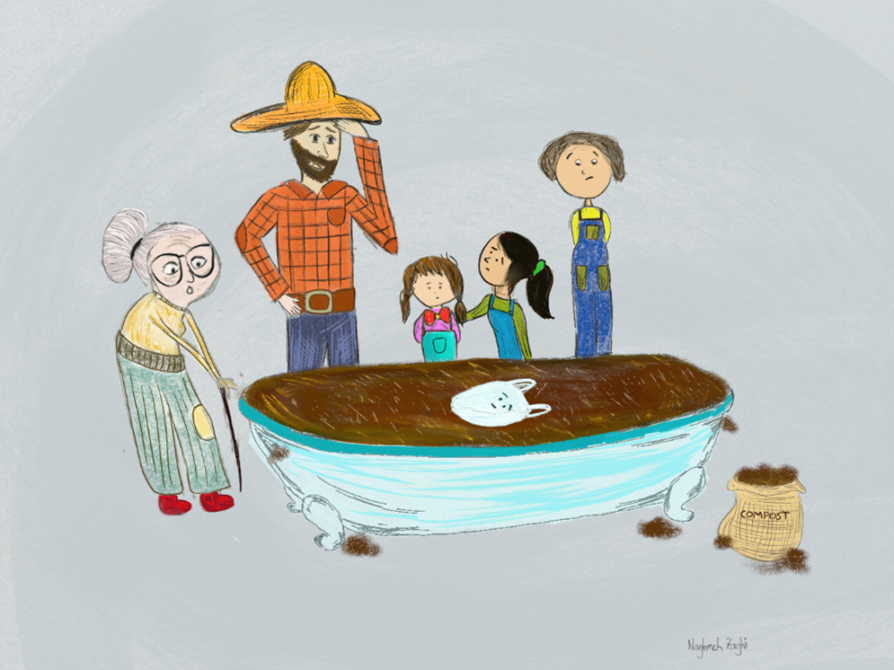
A Bathtub Full of Compost Would Contain 1 Plastic Grocery Bag Equivalent of Microplastics!
From the moment you use that single-use plastic straw, wrap, or bag, it is destined to end up somewhere in our environment. Every piece of plastic ever created still exists in some form. Over time, plastics break down into smaller pieces that are referred to as microplastics (5mm and less in size). These microplastics end up in all sorts of unexpected places – including the compost used in your garden.
The Ocean Wise Plastics Lab and Metro Vancouver Solid Waste Division recently conducted research on microplastics in compost and discovered what is truly in our local green bins. Building upon research on compost collection from the 2021 Metro Vancouver Compost Quality Study, the Plastics Lab chemically identified microplastics from compost samples using Fourier-Transform Infrared Spectroscopy (FTIR).
The Plastics Lab discovered approximately 18 plastic particles found in 1 kg of compost. If you were to fill your bathtub with this compost, it would contain enough plastic pieces to make up a plastic grocery bag! The Metro Vancouver Compost Quality Study confirmed that compost samples collected met quality standards for foreign matter, including plastics, as outlined in the Province of B.C.’s Organic Matter Recycling Regulation (OMRR). To tackle the issue of plastics in compost, the province published a report stating they are working to improve the standards of the OMRR with evolving science and technology advancements.
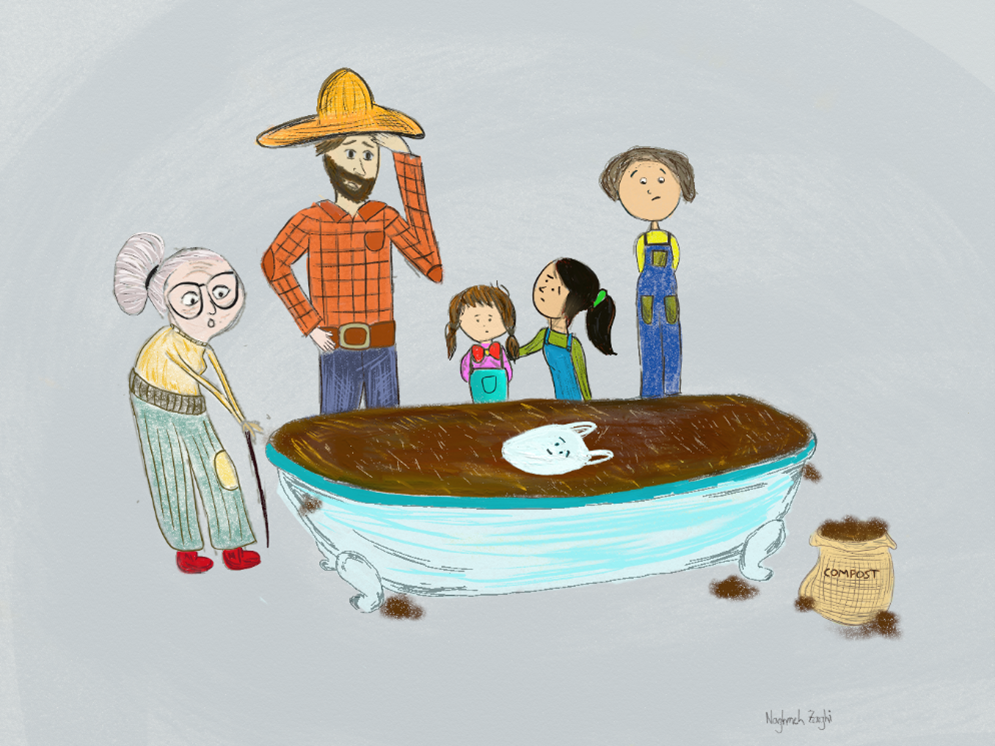
MICROPLASTIC VARIETY IN COMPOST
Did you know there is a large variety of microplastics out there? The Ocean Wise Plastics Lab characterized the plastics found in commercial compost into different categories based on physical features. They discovered 80% of the microplastics in our compost are characterized as soft plastics, which can easily be bent or change shape.  
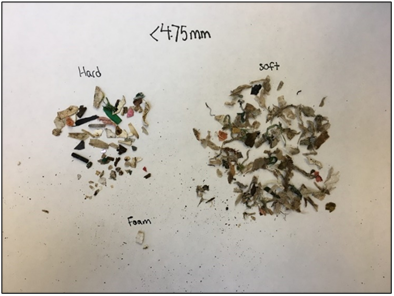
What type of plastics did they find? More than half of the soft plastic pieces discovered were a type of plastic polymer called polyethylene (PE), which is normally used in products like grocery bags, water bottles, and fruit nets. A polymer is a large molecule made of many small units referred to as monomers. The next most common plastic polymers discovered were polypropylene (PP), polyvinyl chloride (PVC), polystyrene (PS), polyester (PET), and others like cellulose, nitrile rubber, polyurethane and glass combined.

The Plastics Lab discovered that smaller plastic pieces were more abundant and diverse in the compost samples. That means that larger plastic pieces are breaking down into smaller pieces and are the main source of microplastics in our compost! We refer to the breakdown of plastics into smaller pieces as secondary microplastics. The alternative are primary microplastics which are factory made to be small, such as microbeads or nurdles.
HOW YOU CAN TAKE ACTION
Metro Vancouver created the Food Scraps Aren’t Garbage campaign to educate residents that no plastics should end up in the green bin, no matter how small. To keep plastics out of compost bins, wrap your kitchen scraps in a paper bag or newspaper, as these materials also provide the necessary carbon-rich ingredient required in compost facilities. Be mindful that not all materials labeled as compostable or biodegradable are made for the compost. Check that compostable materials are certified compostable by certification associations like BPI and that your local compost facility accepts them before disposing to avoid contaminating the compost product.
Here are more simple but effective ways to reduce plastic pollution in our daily lives and in our compost:
- Limit the daily use of plastics, especially single-use plastics like plastic grocery bags
- Choose reusables, like coffee mugs, cutlery, and tote bags
- Join a Shoreline Cleanup and take part in clean ups and data collection that help us visualize and quantify the types of garbage found in our environment
- Reach out to local initiatives and organizations, like Ocean Wise, to see what you can do to make an impact in your community!Â
- Limit the daily use of plastics, especially single-use plastics like plastic grocery bags. Be Plastic Wise – Ocean Wise
From the excessive production and use of plastics in our everyday lives, our lands and oceans have been filling up with this non-biodegradable material. The best way to resolve the plastics crisis is by stopping it at the source! 
Ocean Wise research by Negar Zaghi, Research Assistant and Dr. Shreyas Patankar, Research Scientist. Written by Ocean Wise Direct Action participant Monica Gravel and Anneka Vanderpas, Ocean Wise Research Assistant.
Posted November 24, 2022 by Ocean Wise
